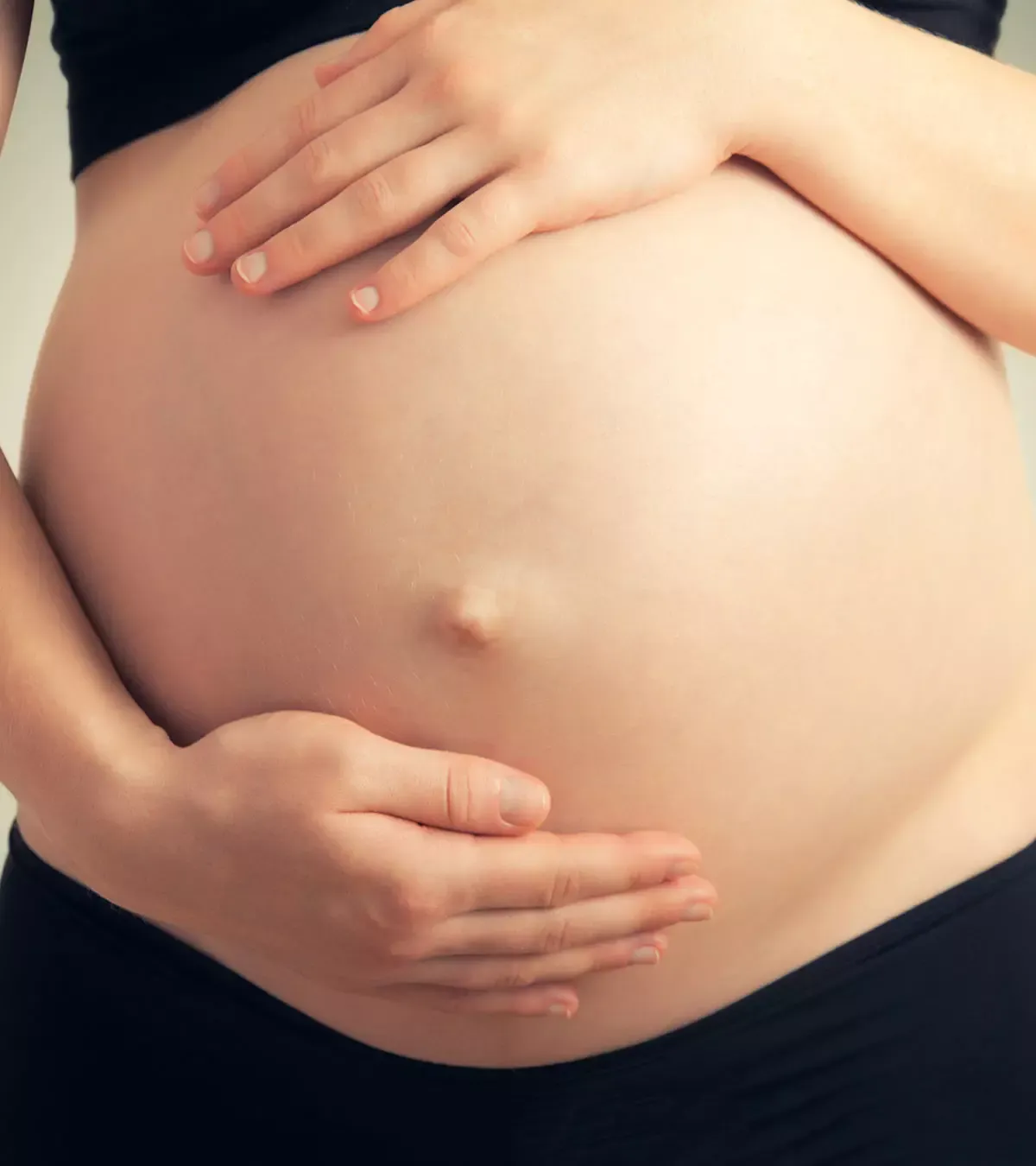Pregnancy is a time of significant changes in a woman’s body, and these changes can sometimes lead to discomfort. One surprising source of pain that many women experience is in the bellybutton. While it might seem unusual, bellybutton pain is actually quite common during pregnancy. This article will explain why it happens, how to ease the discomfort, and when it’s important to see a doctor.
What Causes Bellybutton Pain During Pregnancy?
Bellybutton pain can occur at any stage of pregnancy, but it’s more common as your belly grows bigger, especially in the second and third trimesters. Not all women experience it, and some may feel it in one pregnancy but not another. Here are the main reasons why bellybutton pain happens:
1. Stretching of Skin and Muscles
As your baby grows, your skin and muscles stretch to accommodate the expanding uterus. This stretching can cause discomfort, itchiness, and even stretch marks. Your bellybutton, located at the center of your abdomen, is particularly affected by this stretching, which can lead to irritation and pain.
2. Bellybutton Piercing
If you have a bellybutton piercing, it might cause discomfort during pregnancy. New piercings (less than a year old) are more likely to get infected because they haven’t fully healed. If you notice signs of infection, such as warmth, itching, burning, or oozing, consult your doctor before removing the jewelry. Removing it on your own could trap the infection and lead to more serious issues.
3. Pressure from the Uterus
As your uterus grows to make room for your baby, it pushes against your abdomen and bellybutton. In the first trimester, the uterus is still small and sits low in the pelvis. However, as your pregnancy progresses, the uterus expands upward and outward, increasing pressure on your bellybutton. By the third trimester, the uterus is often pressing directly against the bellybutton, which can cause discomfort. Some women even notice their bellybutton “pops” out, changing from an “innie” to an “outie.” This is normal but can contribute to the pain.
4. Umbilical Hernia
An umbilical hernia occurs when there’s too much pressure in the abdomen, causing a bulge near the bellybutton. Pregnant women, especially those carrying multiples or who are overweight, are at higher risk. Symptoms of an umbilical hernia include swelling, vomiting, and severe pain. If you notice these signs, contact your doctor immediately. Without treatment, a hernia can trap organs or tissue, cutting off their blood supply and leading to serious complications.
How to Ease Bellybutton Pain
Bellybutton pain may come and go during pregnancy, especially during periods of rapid growth. While it’s usually harmless, there are several ways to ease the discomfort:
1. Sleep on Your Side
Sleeping on your side, especially the left side, can help reduce pressure on your belly and improve blood flow to your baby. Placing a pillow between your knees or under your belly can provide additional support.
2. Use a Maternity Support Belt
A maternity support belt can help relieve back and abdominal pain by providing extra support to your growing belly. These belts are especially helpful if you’re on your feet for long periods.
3. Apply Soothing Lotions
Pregnancy-safe lotions or cocoa butter can help ease itchy, irritated skin. Gently massaging the area around your bellybutton with lotion can also provide some relief.
4. Wear Loose, Comfortable Clothing
Tight clothing can put additional pressure on your bellybutton. Opt for loose, breathable fabrics that don’t constrict your abdomen.
5. Stay Hydrated and Maintain a Healthy Diet
Drinking plenty of water and eating a balanced diet can help keep your skin healthy and more elastic, which may reduce discomfort.
When to Call Your Doctor
Most bellybutton pain during pregnancy is normal and not a cause for concern. However, there are certain symptoms that could indicate a more serious issue. Contact your doctor if you experience:
- Severe or Persistent Pain: If the pain doesn’t go away or becomes unbearable, it’s important to get checked.
- Fever: A fever could be a sign of an infection.
- Vomiting: This could indicate a hernia or another complication.
- Swelling or a Bulge Near the Bellybutton: This might be a sign of an umbilical hernia.
- Cramping or Bleeding: These symptoms could indicate a problem with your pregnancy and should be addressed immediately.
Your doctor can help determine whether your pain is normal or if it’s caused by an underlying condition that needs treatment.
The Bottom Line
Bellybutton pain during pregnancy is usually temporary and not dangerous. It’s often caused by the stretching of your skin and muscles, pressure from your growing uterus, or other common pregnancy-related changes. While the discomfort can be annoying, it typically goes away on its own or after delivery.
If you’re concerned about your pain or if it’s severe, don’t hesitate to reach out to your doctor. They can provide guidance and ensure that everything is progressing normally. Remember, every pregnancy is different, and what’s normal for one woman might not be for another. Taking care of yourself and staying informed are the best ways to ensure a healthy and comfortable pregnancy.

